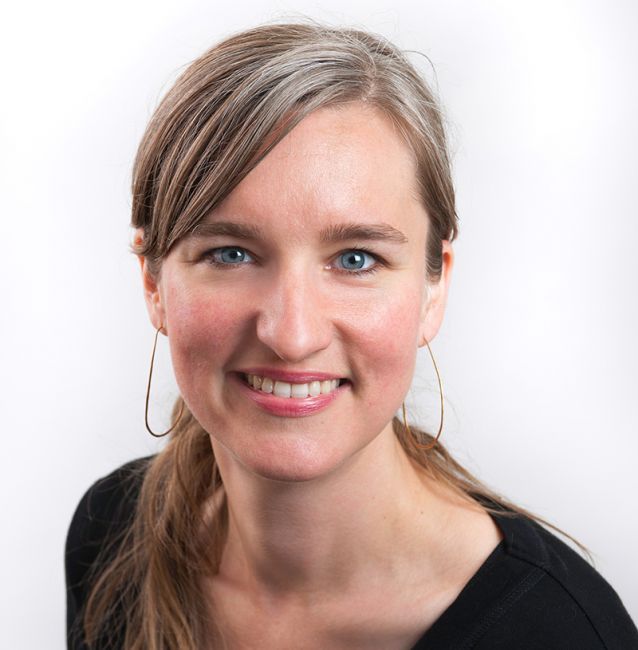Philanthropy should be asking itself big questions this year. Between COVID-19 and further grappling with white supremacy and racism, there is an incredible amount of struggle, pain, lives lost and deep reckoning happening all across our region. Private foundations must especially ask how they can use their power, privilege and networks to be better and do better.
Like many of you, at the Bush Foundation we’ve continued the hard work of unearthing pain and of reckoning with our own mistakes and problematic practices and paradigms. We’ve seen ample potential to do more in some cases, do less in others, be more truly inclusive internally and more responsive to the communities we serve. In the course of this big-question-asking and reckoning, we made some changes to our Community Innovation Grant program earlier this year.
Over the years, we’ve funded some amazing projects across the region on a wide variety of issues. A lot about the Community Innovation Grant program has been good and useful. We also knew that the program was confusing to some, and narrowly focused. We knew we could do more to center racial equity and our commitment to Black, Indigenous and people of color, and to rural communities. We knew we were sometimes really slow in our decision-making, even when a project had great urgency.
This summer we saw that it was time to act on these patterns and this feedback. We quickly made some changes to the Community Innovation Grant program to make it more open, more accessible and more equitable to the people we serve. We made our selection criteria simpler and more focused on impact and equity; we streamlined the application with fewer, simpler questions; we started moving much faster on making decisions about projects that addressed urgent problems. We continue to have the hard conversations to become an even more inclusive team so that we can each share our best thinking and experiences, make good decisions together and live out our values.
It’s not everything we need to do. We have all kinds of ideas (as do many of you) on what we can do next. Above all, we know we have more healing to do. The Bush Foundation will stay at it. Thank you to so many of you — inside and outside the Foundation — who have spoken from your hearts to share your pain, your dreams, your frustrations and your ideas. This generosity continues to transform the Bush Foundation.
I have to tell you, these changes enabled us to fund some incredible efforts. I’d like to highlight a few. They really do give me hope in these challenging times and help me start to imagine a more just world.
Rosebud Economic Development Corporation’s Wolakota Buffalo Range (WBR) will return Tatanka (buffalo) to reconnect buffalo to the land and people of the Sicangu Lakota Oyate. With a capacity to support 1,500 animals, the WBR will become North America’s largest Native American owned and managed buffalo herd and will strengthen tribal sovereignty through its lasting environmental, cultural and economic impacts.
Southside Harm Reduction Services is exploring and developing what could become one of the first safe-consumption/overdose-prevention sites in the United States. This will complement the organization’s groundbreaking service-delivery strategy and systems change efforts to better support unsheltered communities in Minneapolis as overdoses continue to rise.
North Dakota Rural Electric Cooperative Foundation and the North Dakota Rural Grocery Initiative task force are working together to address the devastating loss of grocery stores in small, rural North Dakota towns. They will test a revolutionary grocery distribution hub in partnership with rural grocers, residents, community developers and education institutions.
Black Business Support Collective (BBSC), a collaborative effort hosted by Neighborhood Development Center, is working to create capacity and support for African American businesses to survive and recover after being disproportionately impacted by the fallout from COVID-19. BBSC will provide immediate technical assistance, mentorship and a longer-term means to access capital as well as strengthening and creating a network of culturally relevant support for African American businesses.
